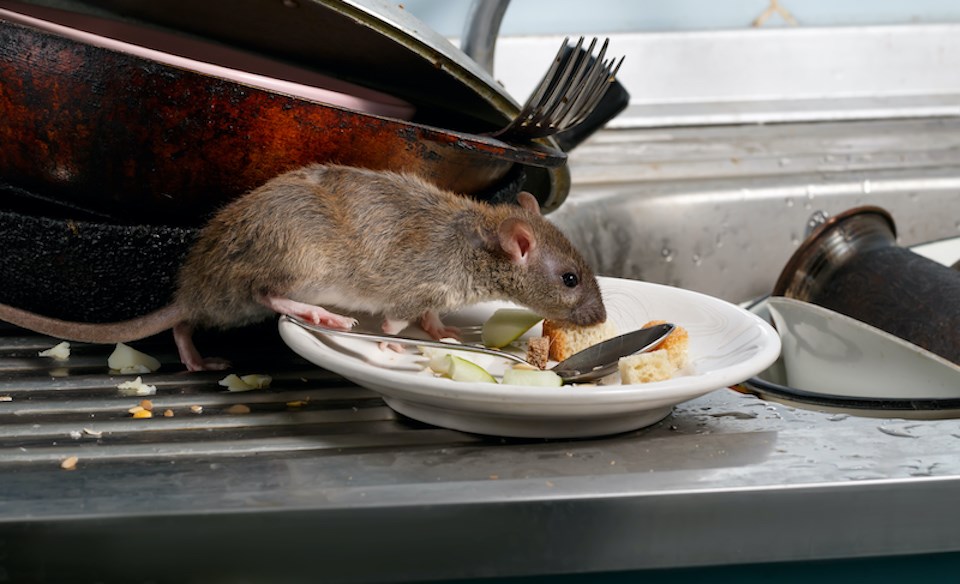If you've ever rented an apartment in Vancouver, you've probably had to contend with pests once in a while. But not all pests are created equal — and some of them might have you leaping onto your kitchen table.
While having one rat in your rental is bad enough, having a veritable infestation is the stuff of nightmares. Unfortunately, if you've spotted one of the large vermin in your home, there are probably several others lurking in the walls, cabinets, and closets.
According to Section 32 of the Residential Tenancy Act (RTA), landlords are responsible for providing and maintaining their residential properties in a state that complies with the health, safety and housing standards required by law. In other words, they need to keep your pad pest-free or deal with pest issues as they arise.
Tenants also bear a responsibility to uphold the cleanliness of their rental units, too. The RTA stipulates that a "tenant must maintain reasonable health, cleanliness and sanitary standards throughout the rental unit."
The B.C. Residential Tenancy Branch (RTB) sees a range of complaints from landlords and tenants regarding cleanliness and pest issues — but it may surprise you how many of the disputes involve rats.
But what happens when both parties are claiming they are owed money over a ratty situation?
Rent Vancouver: Rodents screaming
In one Vancouver dispute, the tenant applied for a money order and the landlord cross-applied for one, too. The renter was applying for three months' worth of rent (the rent was $1,300 monthly) due to a rat infestation and limited use of water. They also claimed that a couple of area rugs were damaged by the vermin and a vacuum was contaminated by rat feces.
Early in the tenancy, the renter said they saw rat droppings and vermin in the garage. They laid traps and later detected an odour they believed was a decomposing rat.
While they didn't discover a body in the garage, their ratty interactions increased from that point, according to the dispute. The tenant claimed there was chewed toilet paper under the bathroom sink. After this, they say they saw a rat on the stove. When they pulled the stove away from the wall, they found a hole in the corner cabinet.
After laying down some sticky traps, the tenant says they awoke to the sound of a rat "screaming." They traced the sound to the toilet where it had apparently drowned.
The tenant advised the landlord of the situation and a pest control company visited the property and removed the carpet and the underlay in the crawlspace to prevent future re-infestation.
Following these repairs, the renter encountered several issues, such as the washing machine overflowing and a pipe that was "leaking a minimal amount of sewage." Due to the smell and concern for their health, the tenant moved out.
In response to the multiple allegations, the landlord stated that the visited the property and discovered significant damage in the laundry room. They claimed the tenant's failure to immediately report the flood resulted in $5,000 worth of excess damage.
The RTB did not side with either party in the multifaceted dispute. By taking matters into their own hands, the tenants delayed the landlord's ability to solve the issues for over a month and they were "authors of their own misfortune."
And in regard to the landlord's counter-claim, the ruling notes that they did not provide sufficient evidence to prove that the water damage was caused by the flooded washing machine.



